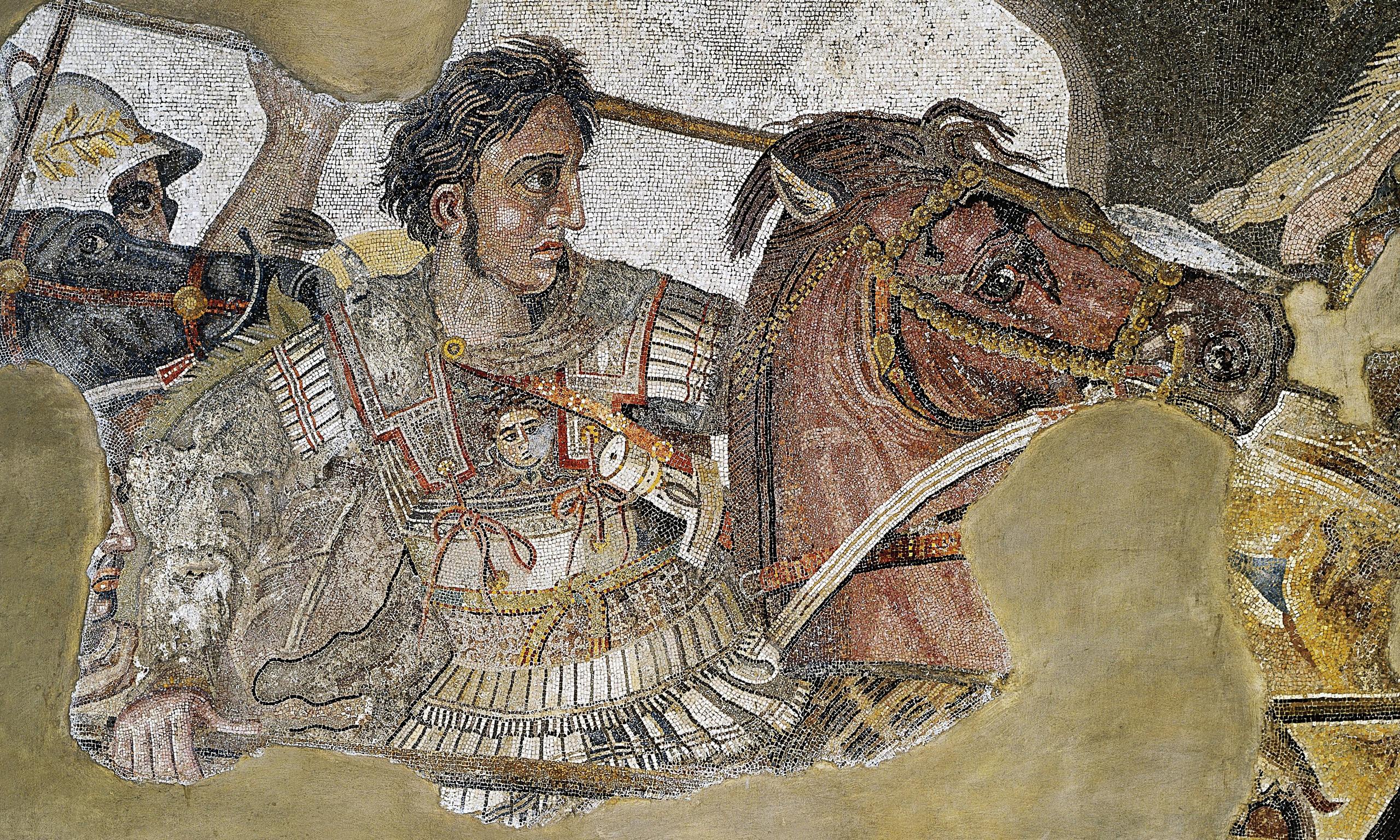
MON, JUN 11 0323
EVENTS
Alexander the Great dies in the palace of Nebuchadnezzar II in Babylon.
On either 10 or 11 June 323 BC, Alexander died in the palace of Nebuchadnezzar II, in Babylon, at age 32. There are two different versions of Alexander's death and details of the death differ slightly in each. Plutarch's account is that roughly 14 days before his death, Alexander entertained admiral Nearchus, and spent the night and next day drinking with Medius of Larissa. He developed a fever, which worsened until he was unable to speak. The common soldiers, anxious about his health, were granted the right to file past him as he silently waved at them. In the second account, Diodorus recounts that Alexander was struck with pain after downing a large bowl of unmixed wine in honour of Heracles, followed by 11 days of weakness; he did not develop a fever and died after some agony. Arrian also mentioned this as an alternative, but Plutarch specifically denied this claim.
Given the propensity of the Macedonian aristocracy to assassination, foul play featured in multiple accounts of his death. Diodorus, Plutarch, Arrian and Justin all mentioned the theory that Alexander was poisoned. Justin stated that Alexander was the victim of a poisoning conspiracy, Plutarch dismissed it as a fabrication, while both Diodorus and Arrian noted that they mentioned it only for the sake of completeness. The accounts were nevertheless fairly consistent in designating Antipater, recently removed as Macedonian viceroy, and at odds with Olympias, as the head of the alleged plot. Perhaps taking his summons to Babylon as a death sentence, and having seen the fate of Parmenion and Philotas, Antipater purportedly arranged for Alexander to be poisoned by his son Iollas, who was Alexander's wine-pourer. There was even a suggestion that Aristotle may have participated.
Comments
Post a Comment